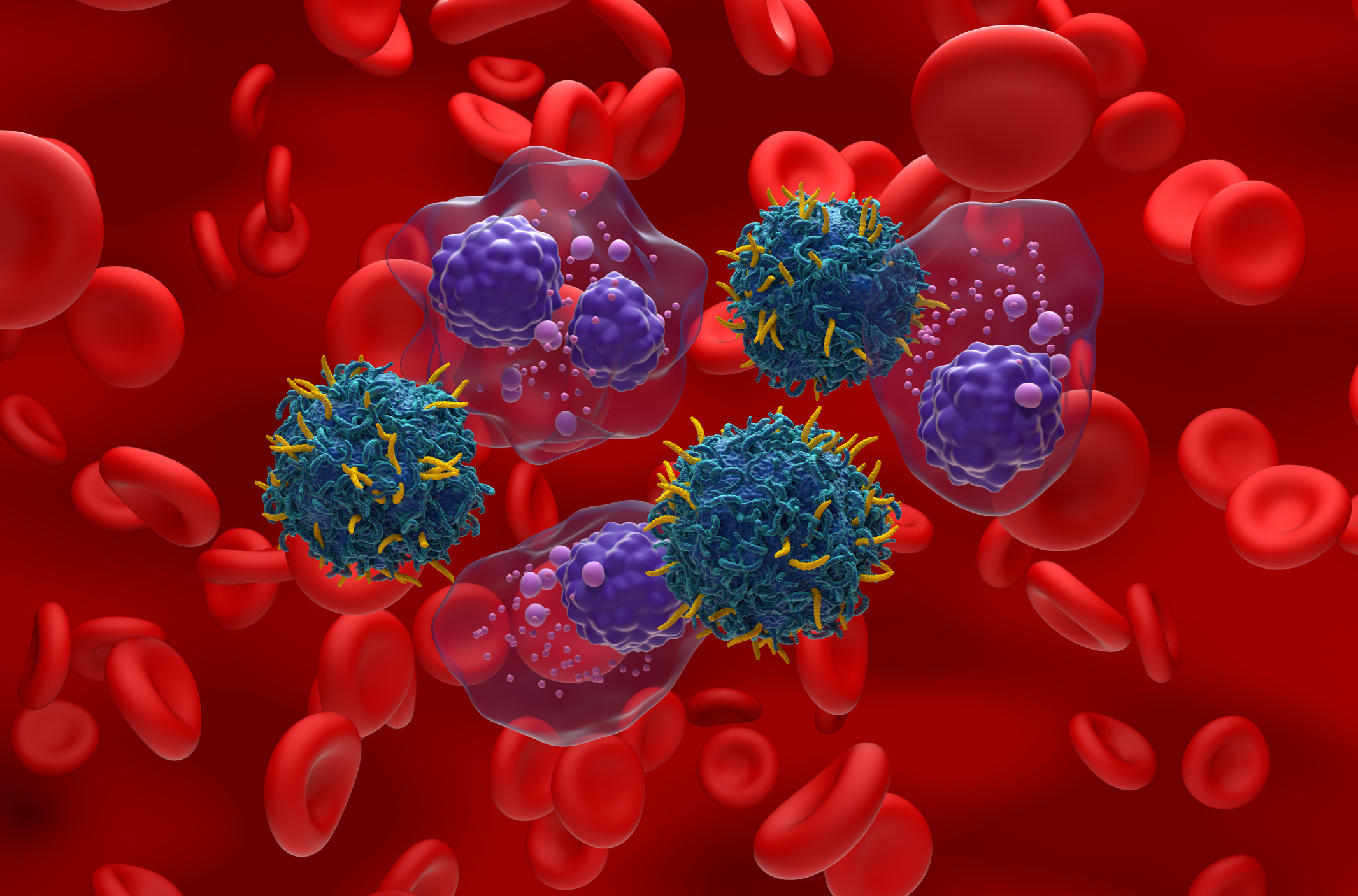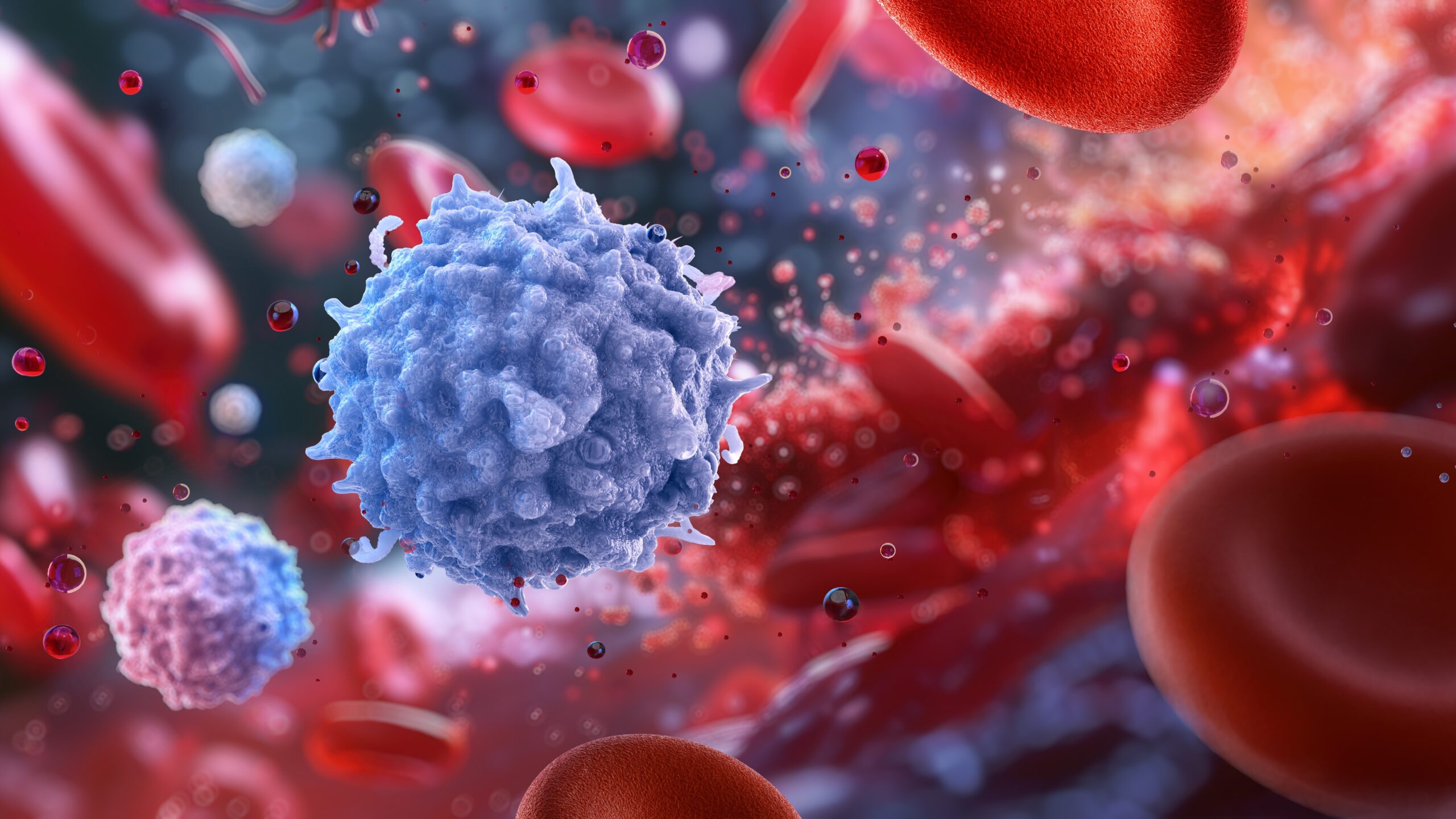Plant-Based Diet Associated With Reduced Myeloma Risk
By Melissa Badamo, Francesca Castro, MS, RDN, CDN - Last Updated: March 26, 2025A study published in Leukemia explored the relationship between dietary patterns and multiple myeloma risk.
The study evaluated three dietary patterns: the healthy eating index, which compares an individual’s intake with how well they are meeting the US Department of Agriculture dietary guidelines; the alternate Mediterranean diet (aMED) score, which compares intake with the Mediterranean diet score; and the plant-based dietary index, which evaluates vegetarian and vegan diets.
The healthy plant-based dietary index gives a higher positive score to healthy plant foods such as beans, fruits, vegetables, vegetable oils, tea, and coffee, while giving a reverse score to animal intake and unhealthy plant-based foods such as highly saturated fat-based foods, sweets, and sugar-sweetened beverages. A higher score reflects a higher-quality diet.
After removing possible confounders and adjusting for age, body mass index, education, and gender, the healthy plant-based dietary index had a “significant” association with reduced myeloma risk. Meanwhile, the healthy eating index and aMED were not significantly associated with myeloma risk.
“I think it’s very helpful for patients to know that diet does play a role in overall cancer risk and myeloma risk. Even if they potentially move a little bit in the right direction, it can make a difference in outcomes,” said Francesca Castro, MS, RDN, CDN, a Clinical Research Dietitian Nutritionist at the Memorial Sloan Kettering Cancer Center and first author of the study.
These findings are attributed to the increased fiber intake found in a plant-based diet.
“Plant-based diets are higher in fiber and phytonutrients,” Castro emphasized. “There’s a huge fiber gap in the population, specifically in the American population.”






 © 2025 Mashup Media, LLC, a Formedics Property. All Rights Reserved.
© 2025 Mashup Media, LLC, a Formedics Property. All Rights Reserved.